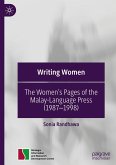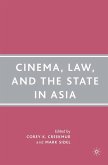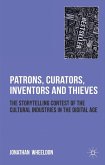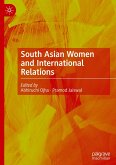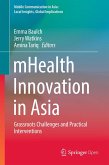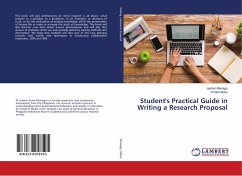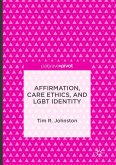This book examines how women journalists in Malaysia negotiated male power structures, in particular structures determined by the keystone party of the ruling coalition, the United Malays National Organisation. Through both oral histories and content analysis, it looks at how women journalists in the women's pages of the newspapers found spaces to advocate for their readers. It is thus the first work to look at the importance of the women's pages in the Malay-language newspapers, and how apparently monolithic institutions of the authoritarian state hid diverse contests for resources and prestige. In this contest, the concept of news values, the perception of the reader and the ways in which women constructed themselves as journalists all come into play, and are examined here. The book contributes to the field of feminist media studies by examining how gendered newsroom practices paradoxically allowed women journalists in the women's pages more editorial freedom than those in the malestream press.
Bitte wählen Sie Ihr Anliegen aus.
Rechnungen
Retourenschein anfordern
Bestellstatus
Storno


